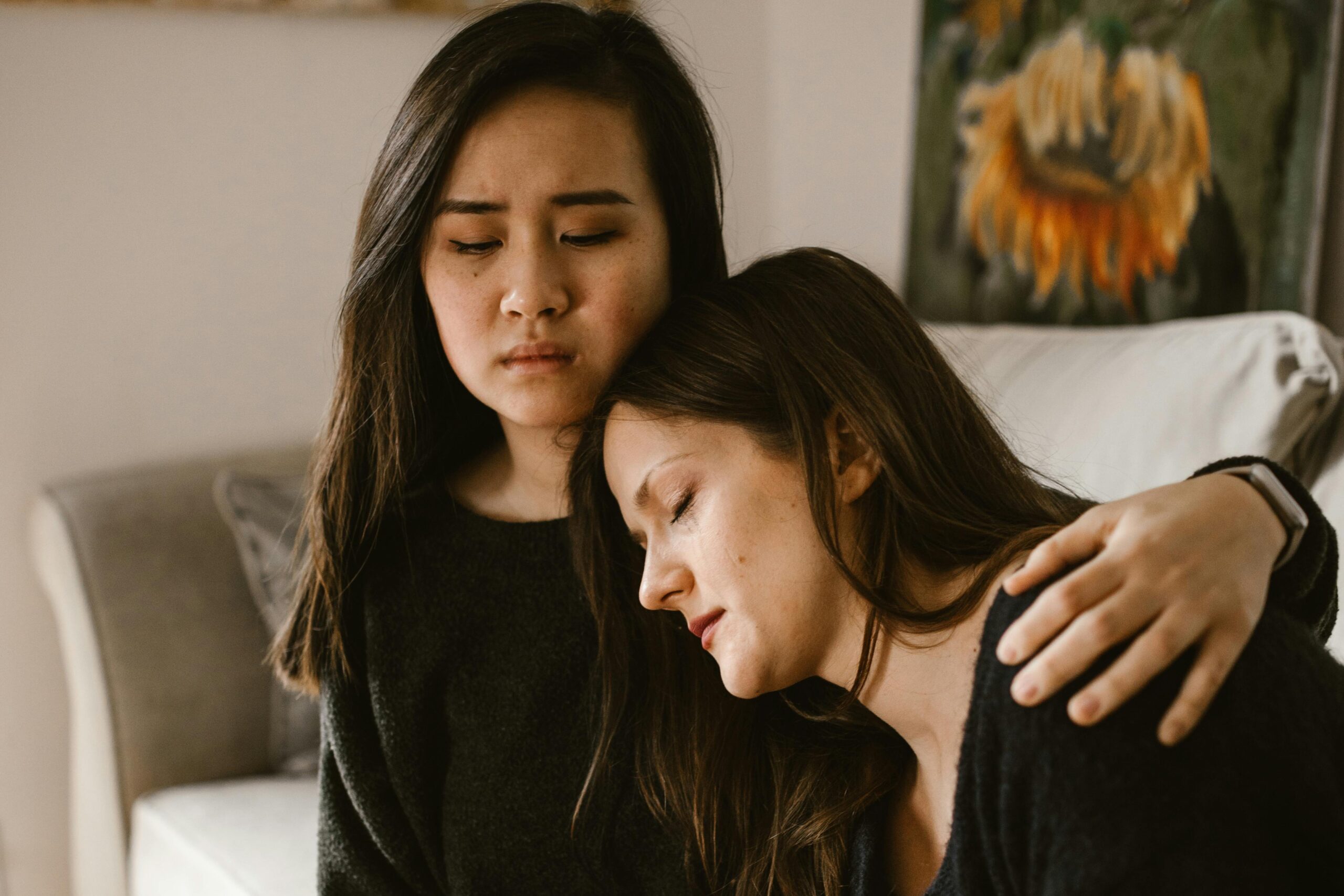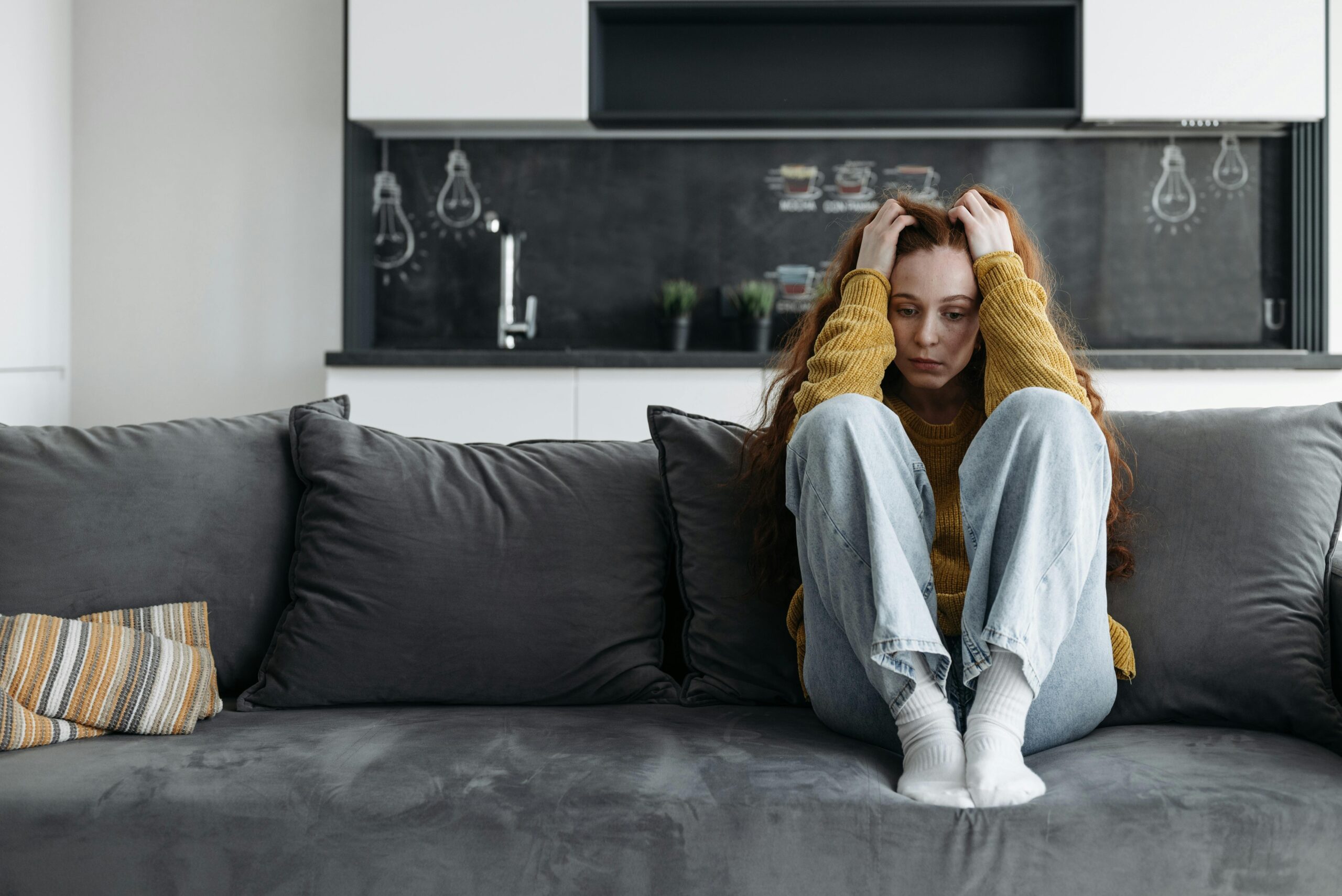
Aging Gracefully: Addressing Mental Health Issues in the Elderly
Aging, an inevitable process that everyone must face, comes with its own set of unique challenges. Many of these are physical: decreased mobility, chronic illnesses, or failing eyesight. However, one aspect of aging that is often overlooked, but no less critical, is mental health. As we age, changes in our brain structure and function, coupled with significant life changes such as retirement or the loss of loved ones, can lead to mental health hardships. Understanding, identifying, and managing these challenges can greatly improve the quality of life of our older population.
Defining Mental Hardship
A mental hardship, in broad terms, refers to difficulties an individual experiences related to their mental health. This could include struggling with mental illnesses such as depression or anxiety, cognitive disorders like dementia, or coping with stress, loneliness, or grief. These hardships can significantly impact a person’s emotional well-being, their ability to function in daily life, and their overall quality of life. The complexity of these issues is often amplified in the elderly due to the intersecting challenges of physical health problems and the psychological and social changes that accompany aging.
Common Mental Health Struggles for the Elderly
Several mental health problems are more prevalent or uniquely challenging in older adults:
Depression : Contrary to popular belief, depression is not a normal part of aging, but it is relatively common among older adults. Symptoms can be similar to those in younger people (e.g., feelings of sadness or hopelessness, loss of interest in previously enjoyed activities), but there may also be physical symptoms such as unexplained aches and pains, memory problems, or a lack of energy. Depression in the elderly can be triggered by life changes like retirement, the loss of loved ones, or medical conditions. Unfortunately, it often goes undiagnosed and untreated because many people believe it’s just a natural reaction to these changes or the physical ailments of aging.
Anxiety : Much like depression, anxiety disorders also aren’t a normal part of aging but are common in older adults. These can present as generalized anxiety disorder, panic disorder, obsessive-compulsive disorder, or specific phobias. Aging can bring about many fears and uncertainties – about declining health, financial stability, or the loss of independence – that can exacerbate anxiety. As with depression, physical symptoms such as an increased heart rate, shortness of breath, or digestive issues may be more prominent in older adults.
Dementia : Dementia is a collective term for a variety of conditions characterized by a decline in memory, reasoning, or other thinking skills. Alzheimer’s disease is the most common type of dementia among older adults. These conditions affect an individual’s ability to perform everyday activities and can lead to behavioral changes such as confusion, agitation, or withdrawal. While memory loss can be a part of normal aging, dementia involves more severe and rapid decline.
Loneliness and Social Isolation : Older adults often face decreased social interaction due to a variety of factors: the death of friends and spouses, family living far away, or physical limitations that make it difficult to leave the house. This social isolation can lead to feelings of loneliness and increase the risk of mental health issues like depression or anxiety.
Psychosis : Late-onset schizophrenia or delusional disorder can appear in old age. These conditions might include hallucinations, delusions, or disorganized speech or behavior, which can be very distressing for the individual and their loved ones.
Substance Use Disorders : While we often associate substance use issues with younger people, they can also be a problem in older adults. Alcohol or prescription drug misuse may be an attempt to cope with the physical or emotional pain of aging, loneliness, or the loss of loved ones. Substance use can be especially problematic in the elderly because it can worsen medical conditions, increase the risk of falls, and interact negatively with prescribed medications.
Understanding these conditions is the first step to helping our older population navigate the unique mental health challenges they face. Education, early detection, and appropriate intervention can significantly improve the mental well-being and overall quality of life for our elderly loved ones.
Resources for Elderly Mental Health
Understanding the various resources available for elderly mental health is crucial for providing comprehensive support and care. Here’s a more in-depth look at these resources:
Professional Mental Health Services:
Geriatric Psychiatrists : These are medical doctors who specialize in diagnosing and treating mental health issues in older adults. They can prescribe medications, provide psychotherapy, and offer counseling about lifestyle changes.
Geriatric Psychologists : These are professionals who are specialized in understanding the mental and emotional issues associated with aging. They can provide therapy and counseling to help older adults and their families manage the challenges of aging.
Neuropsychologists : They evaluate and treat people with various types of nervous system disorders. They can help with cognitive training and management strategies for memory problems and dementia.
Support Groups:
Support groups can be incredibly beneficial for the elderly and their caregivers. Sharing experiences with others who are in the same situation can help reduce feelings of isolation and provide practical tips. Many organizations run support groups for various issues, including grief, Alzheimer’s disease, anxiety, and depression.
Senior Centers : These community-based centers provide a variety of services and activities for older adults, including meal and nutrition programs, exercise classes, arts and crafts, and social events.
Adult Day Care : These programs offer social activities, meals, and basic medical care in a community setting. They can be especially helpful for people with dementia who live with their families.
In-Home Assistance : Some organizations offer home visits to provide companionship, meals, transportation to appointments, and assistance with household chores.
Telehealth Services:
As technology advances, so does access to mental health care. Telehealth allows older adults to receive therapy, psychiatric consultations, and support group meetings from the comfort of their own home. This can be especially helpful for those with mobility issues or who live in remote areas.
Caregiver Support : Being a caregiver for an older adult can be incredibly rewarding but also emotionally and physically taxing. Resources for caregivers include training programs, respite care services, and support groups. Some organizations also offer counseling services to help caregivers manage the stress and emotional challenges of their role.
National and Local Non-Profit Organizations : Several organizations are dedicated to assisting the elderly with mental health issues. These include the National Alliance on Mental Illness (NAMI), the American Association for Geriatric Psychiatry (AAGP), and the Alzheimer’s Association. These organizations often provide a variety of resources, including educational materials, helplines, and links to local services.
By utilizing a combination of these resources, older adults and their families can better manage mental health struggles, leading to improved well-being and a higher quality of life. It’s important to remember that help is always available, and seeking assistance is a strength, not a weakness.
Conclusion
In conclusion, understanding and addressing the mental health hardships of the elderly is crucial for promoting their overall well-being and enhancing their quality of life. Aging, while a natural part of life, brings with it distinct challenges, such as depression, anxiety, dementia, social isolation, and more. These can create a complex landscape of mental hardships that may sometimes be overshadowed by the physical aspects of aging.
Nevertheless, the landscape is far from bleak. A plethora of resources, ranging from professional mental health services to community programs, telehealth platforms, and dedicated support for caregivers, provide a comprehensive support system. With the combined effort of families, caregivers, health professionals, and society at large, we can ensure that the mental health of our older population is given the attention and care it deserves.
By shedding light on the mental health struggles the elderly face, we aim to erase stigma, foster understanding, and encourage anyone dealing with these issues to seek the help they need. Mental health matters at every stage of life, and our elderly population deserves nothing less than the highest standard of care and compassion.

Discover the Hardship Center, a valuable resource for understanding financial hardship programs available to the public. Learn how professional assistance can help maximize the benefits of these programs and make a significant difference in consumers’ lives.





